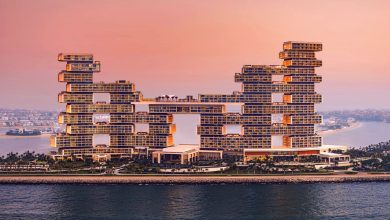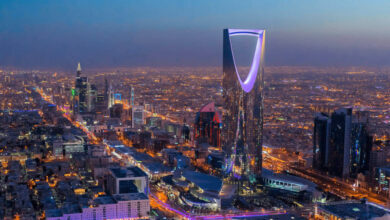Telecom and tech companies in Africa are reaching new milestones, capitalizing on renewed international investor interest to pour money into infrastructure development, finance the roll-out of data centers, propel fiber connectivity to new areas, and deploy new mobile networks in key markets.
Pan-African fibre internet and cloud computing company, Liquid Intelligent Technologies, cross-regional mobile operator Africell, and mobile operator Safaricom are the most notable African tech and telecom operators that have recently secured international financing rounds. Kenya’s Safaricom, backed by a $500 million investment from the United States’ Development Finance Corporation (DFC), is fronting a consortium that will build a new mobile network in Ethiopia, the most populous country in east Africa.
US-owned Africell, which has 12 million mobile subscribers in countries such as Gambia, Uganda, DRC and Sierra Leone, this week secured a $105 million loan facility from a group of financiers led by Gemcorp, it said in a statement. Part of this capital is expected to be used to build its new mobile network in Angola, a key African market that is keen to build up its fintech sector. The loan facility gives the company “flexibility to achieve our commercial objectives in Africa,” said Africell chief executive officer, Ziad Dalloul.
Liquid, which announced this week that its 100,000km pan-African network now covers 14 countries in the region, recently closed a $620 million bond issue. This elevated funding of telecom and tech infrastructure has enabled the company to rapidly roll-out its network in quick time, with 10,000 km laid out in the past five months alone, its chief executive officer, Nick Dudnick, said at a virtual press briefing this week. This has brought cheap fiber broadband to about 2.7 million people in the DRC, also seen as a key cog in further roll-out of the network into West Africa as well as East Africa.
Countries already connected to this fibre network include Ethiopia, South Sudan, Chad, Cameroon and Congo Brazzaville. Uganda, Zambia, Tanzania, Zimbabwe and Rwanda are also among those connected.
“Having a 100,000 kilometer fiber network means that we are able to impact more than 100 million people in 643 towns and cities across Africa. We are currently building a link to connect east Africa and west Africa through the DRC,” said Rudnick.
Rudnick adds that this is not just significant in broadening fiber coverage but has also boosted cloud computing across the continent through “reduced latency”—the delay between a request for a cloud service and the response by the service company—owing to a convergence of internet links covering the region’s corridors under the company’s network.
Tied to this, is rapid acceleration of investment into African data centers, which are riding on rapid digitalization of operations and systems across the continent. Africa Data Centers—powered by a $300 million from the DFC—is building data centers in Nigeria and Ghana among others. ADC already operates other data centers in other Sub Saharan Africa markets such as Kenya and South Africa.
This robust deployment of international investment into Africa’s tech sector also resulted in the acquisition this year of a majority stake in Ghana’s Ngoya Etix solar-powered data center by African Infrastructure Investment Managers (AIIM). The internationally backed investors into Africa’s tech scene such as AIIM are of the view that “data centers underpin and enable the digital economy in Africa and present strong growth prospects for long term” investments, the company says in a statement.
For economists such as NKC African Economics’ Jee-A Van Der Linde, there is currently “strong appetite for high-yield credit” into the Africa region, more-so into tech and telecom infrastructure development. Those African markets that are able to demonstrate economic and political stability are seen “having an advantage to benefit from both FDI and portfolio investment” inflows.
Chiedza Madzima, the head of operational risk at Fitch Solutions also emphasizes that the growing international investment into “long-dated resources (such as bonds and loans) into Africa to fund investments will have a positive impact” in the long run. “This capital is being funneled toward infrastructure- which also points towards the increasing bankability of projects,” she said.
BY Tawanda Karombo









